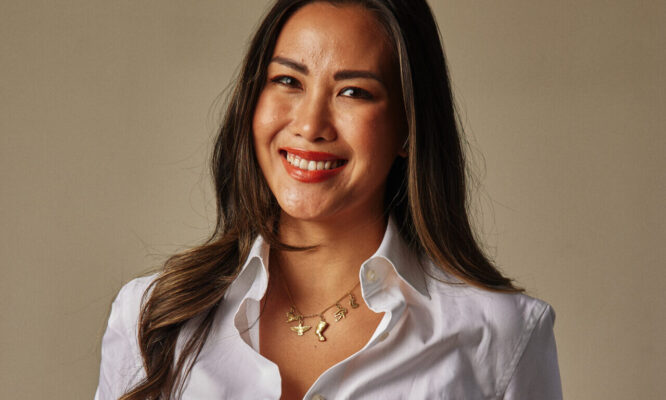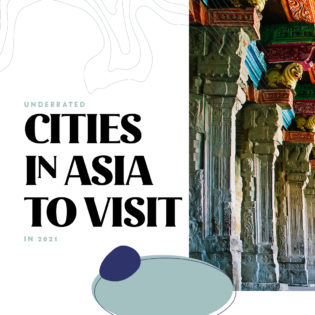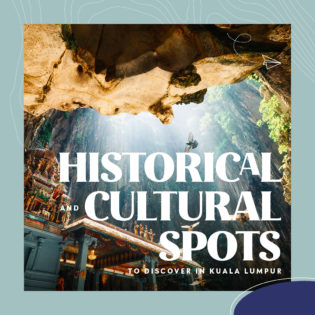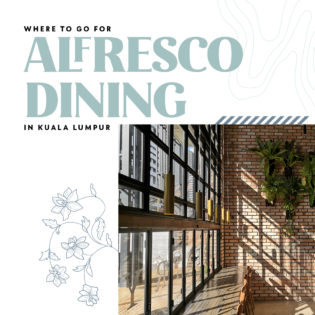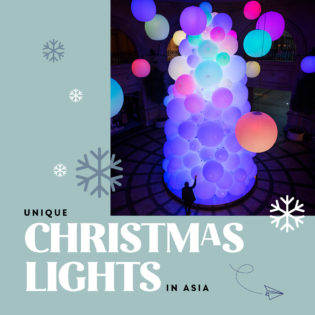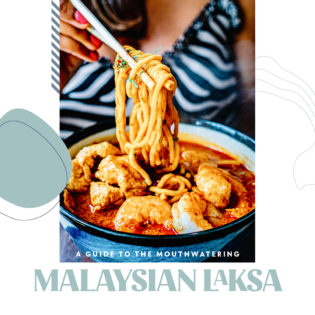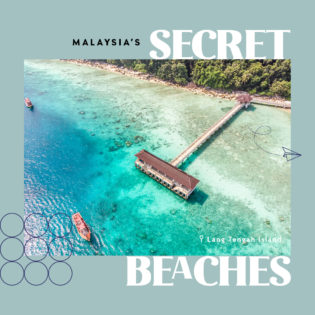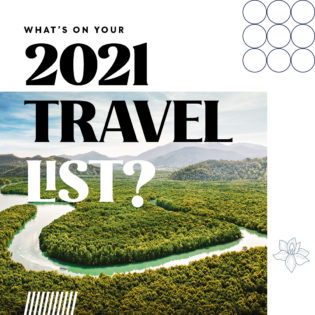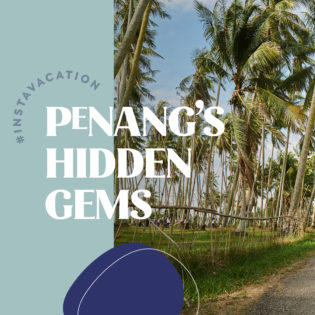When writer Claire Nelson fell off a boulder and smashed her pelvis during a desert hike in California, she had no idea her brush with death would change her life – for the better. This is what she learned about fear, survival and resilience
It was supposed to be a day out. I would leave the house by breakfast, drive across Joshua Tree National Park, hike for four hours to an oasis deep in a valley, and be back in time for dinner.
Joshua Tree is a wealth of emptiness, which is why I went there in the first place. My life in London had become crowded, chaotic and competitive, while everybody else seemed to have theirs together. In the desert, I could forget the anxiety and fears that had been plaguing me – fear of failure, fear of not being good enough, fear of relying on other people, fear of being found out.
The desert – prickly and hard on the surface, but very much alive and thriving – was where I felt comfortable. With every step of my boot on the trail, I felt my stresses evaporating into the limitless blue sky. Halfway to the oasis, the path crossed a large boulder stack, and I didn’t think twice about climbing across. As I paused at the top to survey the vast valley, I had no idea my life was also on a precipice, about to change forever.
I lost my footing, slipped and fell eight metres to the ground, my pelvis shattering on impact.
The pain as I hit the ground was indescribable. As I lay there, unable to stand or even sit up, I reached for my phone to call 911 and realised I had no signal. And even worse – in my stubborn solitude, I hadn’t told anyone where I was going.
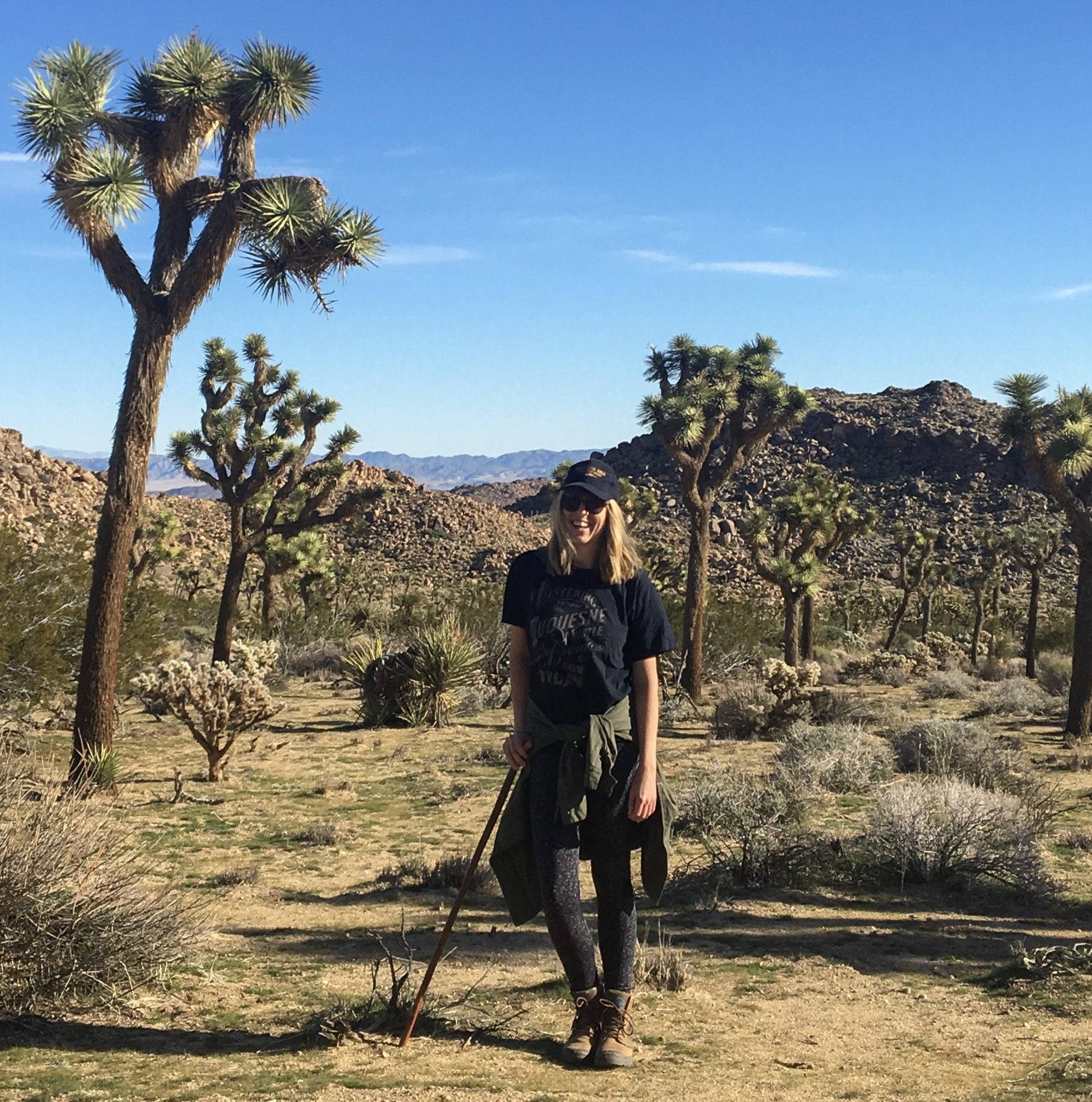
All my life, I’d thought being strong meant not needing anybody. I’d always been so proud to be self-reliant, moving to new countries by myself and travelling the world independently. But was this really a sign of courage, or was I simply keeping a safe distance from my fears? By not relying on others, I could avoid getting too close and mitigate the risk of not measuring up.
Now here I was, completely reliant on others to save my life, and I had given myself next to no chance of that happening. It was just me, broken in the rocky valley, swallowed up by hundreds of miles of desert and boulders that all looked the same. I knew very quickly I might never be found.
Twenty-four hours later, my water was almost gone, and I’d begun to hallucinate about cold drinks, with particularly tantalising visions of Diet Coke, my summertime vice. By day, the searing sun burned me, and by night, the cold dark filled me with terror.
I convinced myself I was surrounded by rattlesnakes creeping out of the crevices.
But whenever I shone my phone’s torch there was nothing there.
I tried to focus on practical tasks: crafting a sunshade from my hiking stick and a plastic bag, collecting my urine to drink when my water ran out, each movement yanking at my broken bones and shooting pain through my body. Every effort exhausting in the intense heat. But the will to survive is strong, far stronger than we know until it’s tested. My mind grasped hold of every thread of hope, no matter how thin. “Who might notice my absence first? Maybe there would be more hikers out this way on the weekend?”
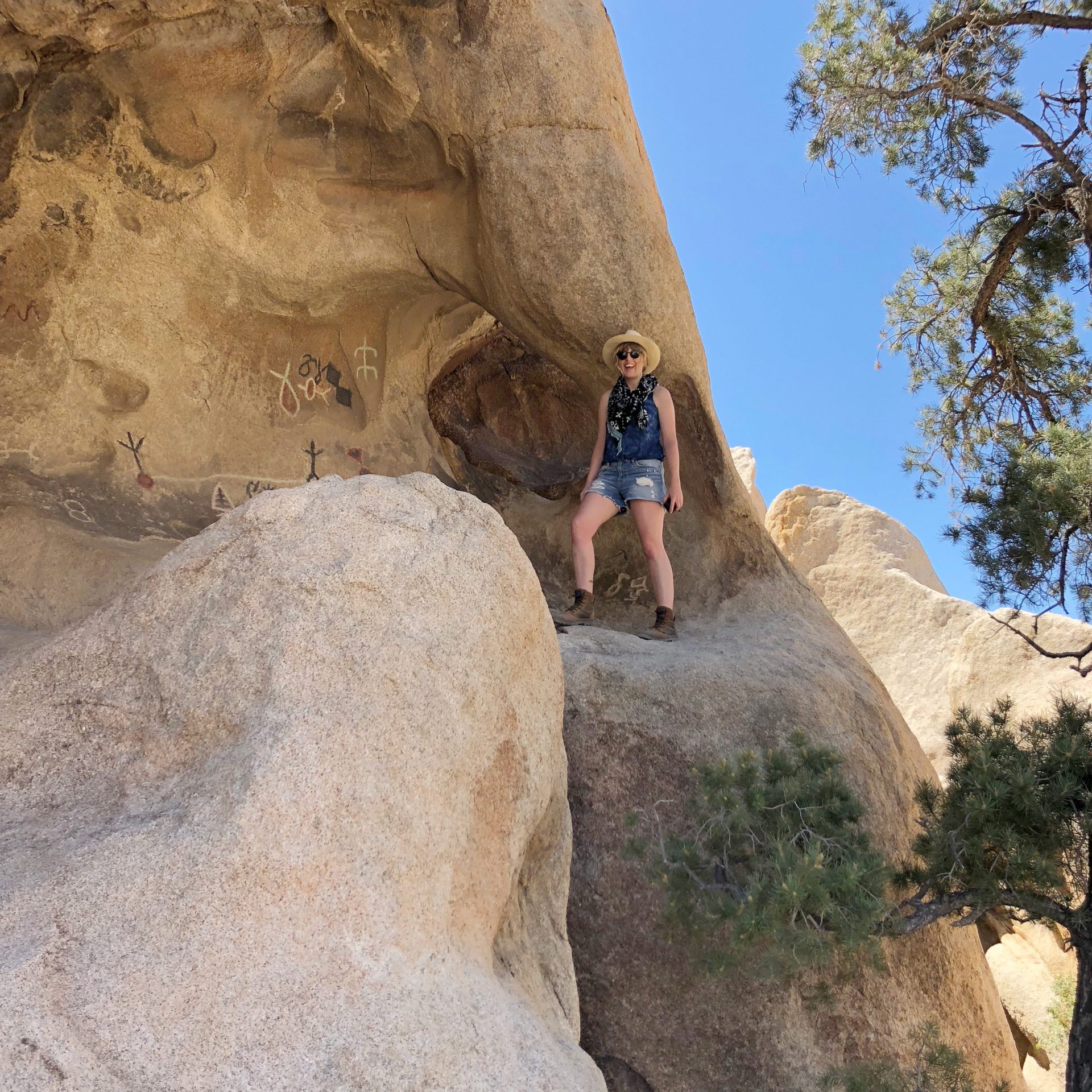
Four days later, as I drifted in and out of consciousness, and the last of my optimism was fading, I was rescued. Turns out people had noticed I was gone, and pulled together with search and rescue teams to track me down. I was flown to the hospital and installed in a new life that seemed to be filled entirely with people who wanted to help me. Not just loved ones or those who were required to be there, but strangers too. One man even appeared at my bedside with a Diet Coke. I was surprised by how good it felt, letting people in. Letting people care.
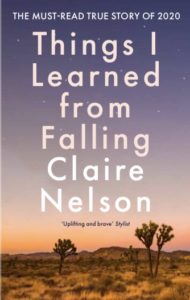 I’d let my misplaced fears completely isolate me from other people. But like the rattlesnakes in my head, they were nothing but mirages. When the moment of real, life-and-death fear came, I felt it, and I survived. Now, I’m back in London, and though the city and its frenetic pace are unchanged, I feel like I can see the world with a clarity I didn’t have before.
I’d let my misplaced fears completely isolate me from other people. But like the rattlesnakes in my head, they were nothing but mirages. When the moment of real, life-and-death fear came, I felt it, and I survived. Now, I’m back in London, and though the city and its frenetic pace are unchanged, I feel like I can see the world with a clarity I didn’t have before.
Yes, I feel those old niggling fears arise, but now I can recognise them as something I’ve conjured up myself – and so I control the fear, the fear no longer controls me. I might still see snakes in the dark, but now I know they aren’t real.
Claire Nelson’s memoir, Things I Learned from Falling (Octopus), is out now.
For the best hiking trails in Joshua Tree National Park (difficulty levels and durations included), check out this guide.

